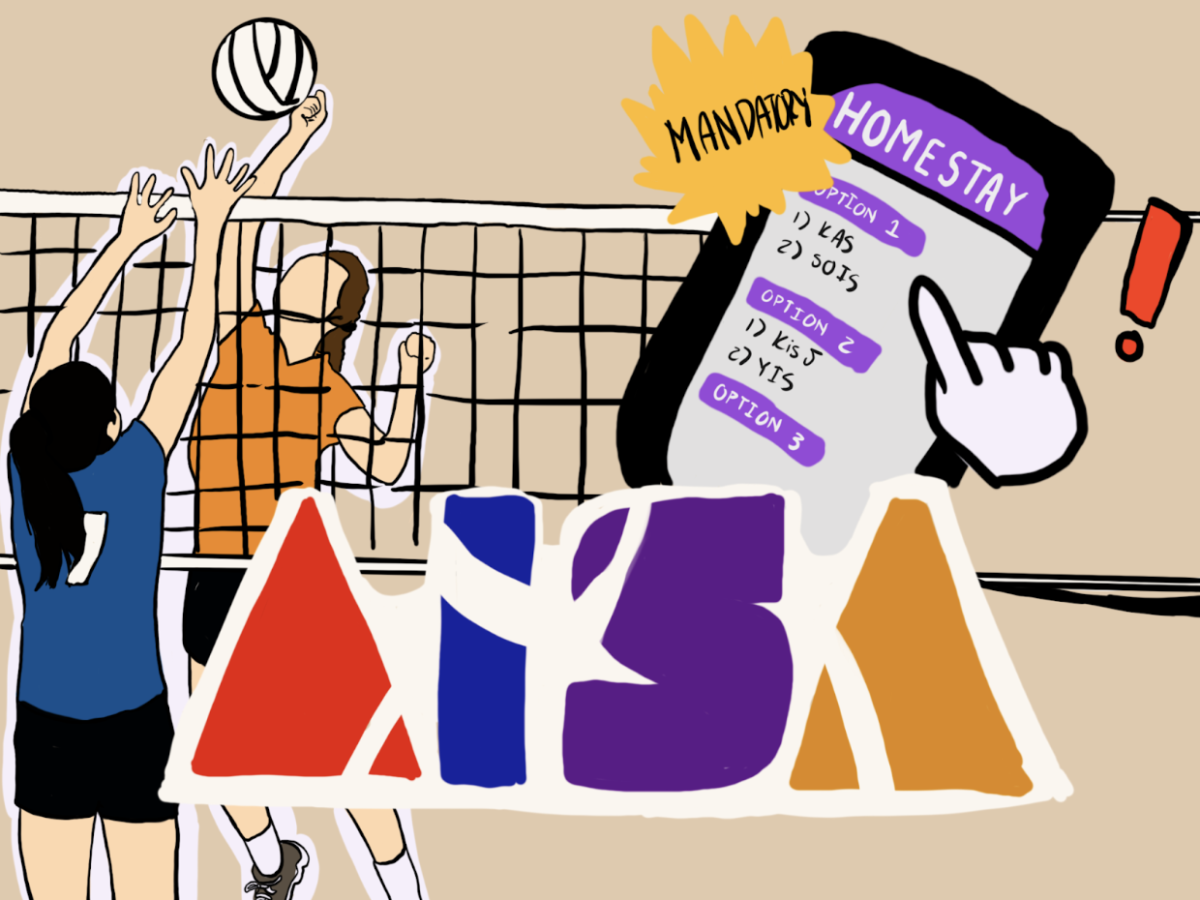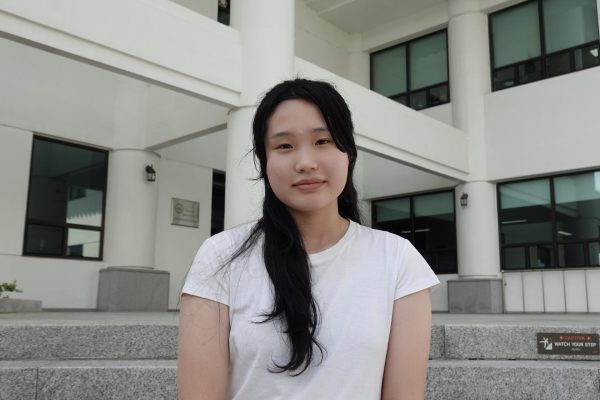Every year, one of the most competitive tournaments in SIS, the Association of International Schools in Asia (AISA), is hosted by one of the six-member schools from Japan, Jeju, Taiwan, or South Korea. This year, our school bears the responsibility of hosting our first girls volleyball AISA tournament in years, and with that comes the duty of holding homestays for our overseas competitors.
Homestays are a common tradition in multiple tournaments across sports and academics. Providing comfortable accommodation is not only meant for customary propriety but is also meant to ensure an appreciable experience for our athletes.
“Part of hosting AISA is taking responsibility for the accommodations of the other international school athletes for the three-day duration of the tournament,” Brandon Fraseur, Athletics Director, said. “In previous years, our athletic teams were provided with great hospitality from the respective hosts, so it is only expected that returning such favors is a way of showing mutual appreciation and respect.”
However, over the years, providing a house for overseas athletes has become less and less practiced. This proved to be a notable issue when last year’s conference housed athletes in hotels instead of the usual homestays because of the lack of SIS student participation.
“Last year, the idea of homestay was very sudden and foreign to me,” Jimin Son (11), girls varsity soccer athlete, said. “I was excited by the notion of it, especially because it invited other international students from overseas into our home, but my mother was more against the idea because of the smaller living conditions that couldn’t accommodate two or more people.”
The idea of welcoming strangers into one’s home also deterred many of the student-athletes last year, especially after hearing the stories of how some of the guests may have made accidental messes in another’s home. Furthermore, as hosts, SIS students are still required to attend class and take summatives without exclusion from school attendance. Due to this, some students may struggle to maintain the work-life balance that comes with being a student-athlete, especially if they were to host their foreign competitors and act as a tour guide during the three-day duration.
“Even if there were some slip-ups during the homestay process,” Eunbin Macklin (12), last year’s soccer girls AISA homestay host, said. “I would still admit that home staying was an overall positive experience that I would not have experienced outside of school. It was a rare opportunity and I am glad I took it and expanded my relationships with other students abroad.”
In some cases, hosting a homestay was not an issue for students, but most parents were against the idea of accommodating foreign students at a sudden notice. Additionally, over the past few years, specifically after the COVID-19 pandemic, the idea of homestays has grown less popular.
Unfamiliar with the friendly customs of homestay, new high school students are less likely to host without fully understanding the procedure. During last year’s AISA, most of the emails sent about AISA were dismissed by the student-athletes as a result of their confusion. Subsequently, Mr. Fraseur decidedly chose to make hosting homestays a mandatory requirement for participating athletes at the expense of the student-athletes eligibility to attend this year’s AISA being revoked.
“There were some times where I felt like the guests were being a bit too careless in the house,” Eunbin said. “For example, the guests would spill and drop things in my room and would ultimately cause small messes—it was never a big issue; however, it would have been nice if the guests were more open to being respectful in somebody else’s house.”


